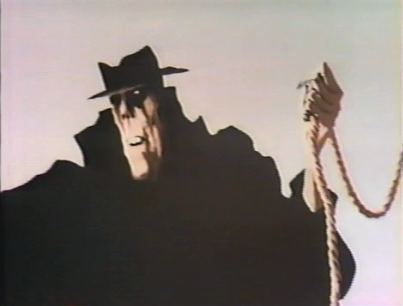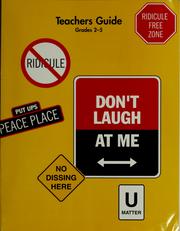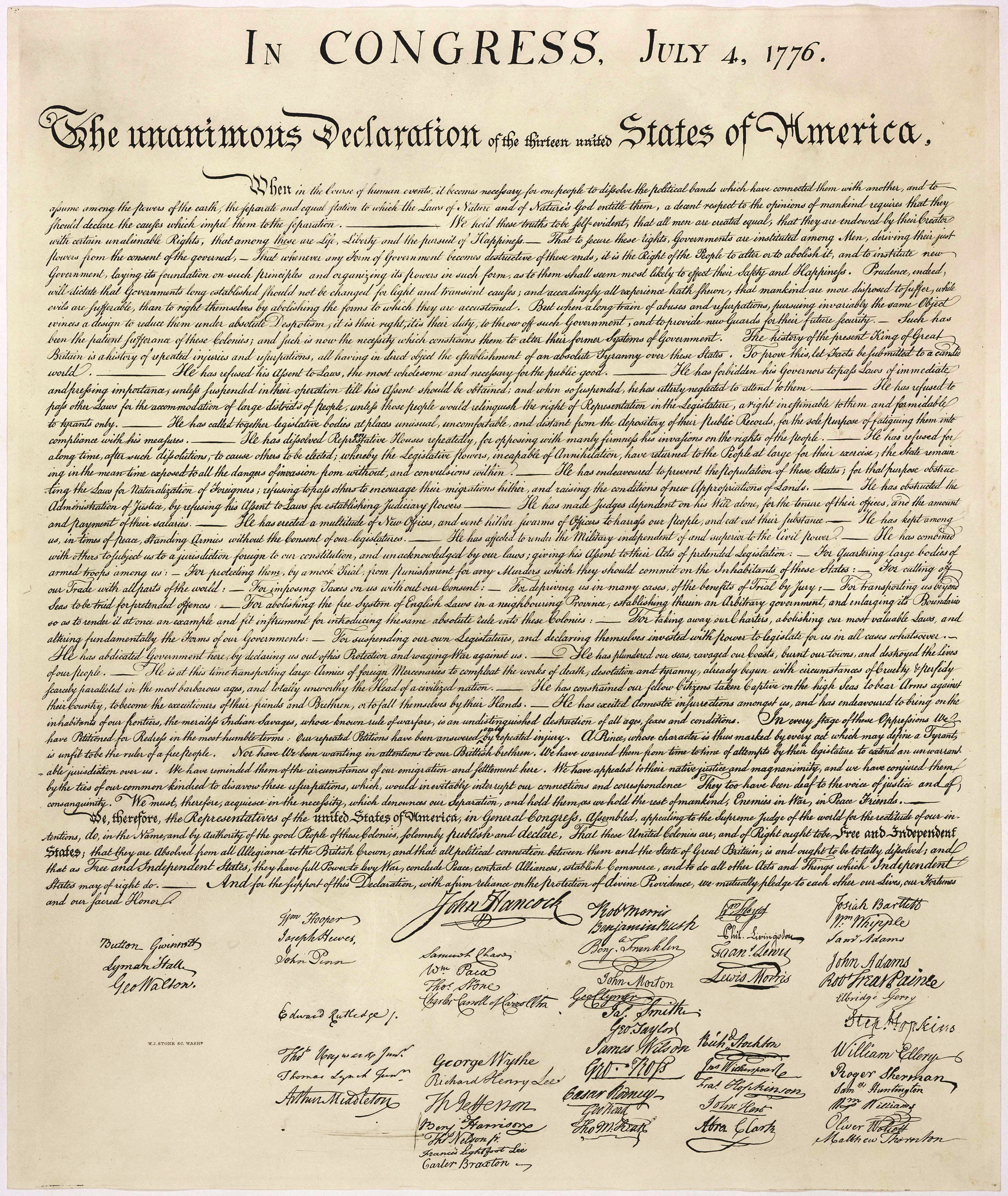Thursday, July 28, 2016
A Wondering Jew: Musings from Newton: How Much Will We Allow?
How Much Will We Allow?

(NOTE: This is an adaptation of a piece I posted on my synagogue blog about 6 weeks ago)
I’ve been thinking back to my earliest days as a congregational rabbi over the course of this spring and summer. I was a Student Assistant Rabbi, working in a New York City congregation as I completed my final two years of seminary. One of my responsibilities was as the lead teacher for our Confirmation Class (a responsibility I still love over 35 years later.) I recall that at one end-of-the-year celebration my students kidded me about my use (overuse?) of trigger films in provoking our discussions. It’s true. I found then, and still do find on occasion, that a short trigger film can draw a group into a lively discussion in a relatively short period of time. Over those early years I developed a “playlist” of standards. I know see it as sort of a pre-MTV era teaching tool.
One such film I used almost annually was an animated treatment of Maurice Ogden’s haunting poem, “The Hangman.” It quickly sets an eerie scene:
Click here to read "The Hangman"
Clink here to watch the 1964 video of "The Hangman"
Friday, July 22, 2016
The Bully Pulpit, part 2
Anyone who knows me well, knows I love folk music. It was sometime around 2004, when I first heard a new recording by Peter, Paul and Mary of a song entitled, Don’t Laugh At Me. The first time I heard it, I was sitting quietly in my living room and listening to PP&M’s then new album. Don’t Laugh at Me came on and I found myself almost immediately reduced to tears. I must have hit replay a good ten times in a row. I searched for the composer online, wrote to him, and soon had the lyrics and guitar chords as I hastened to learn the song.
I believed it would be a powerful song to bring to camp. I love those delicious evenings when I am invited to come to a bunk at bedtime to sing some songs as “cabin prayers.” I also brought the song to attention of my wife, Laura, who at the time directed the camp’s educational program. The following summer, she arranged for Peter Yarrow to visit camp, to teach the song and talk about Don’t Laugh at Me.By then, and entire anti-bullying campaign, Operation Respect, had taken root, in part, inspired by the song. Don’t Laugh at Me has been translated into numerous languages and the curriculum and campaign have taken root around the world. When I first heard the Israeli-Palestinian version, I was again reduced to tears.
The song has been very much on my mind in recent months, as I follow our national political discourse. Over and over again, I find myself wondering how much impact projects like Operation Respect or The Bully Project can have so long as leaders on our national, state or local levels display the very behaviors we, our schools, and our faith communities are trying to teach our children.
I have been quite impressed with how the anti-bullying message has been integrated into the very fabric of our URJ Camps over the past decade or so. Our schools are working hard to create communities where healthy self-esteem and skills for constructive disagreement are learned and lived. Wouldn’t it be refreshing if our political discourse could lead, rather than undermine these efforts?
How can we help our candidates and leaders understand that what they say leaves an imprint on the hearts and minds not only of prospective voters, but also on the hearts and minds of millions of young children who we are raising as the coming generations who will guide our nation? You want to ascend to President Teddy Roosevelt’s “Bully Pulpit?” The path is not through being a bully, bigot, or divider.
>As we traverse the space between our two national parties’ nominating conventions I urge us all to take a few minutes to listen to Don’t Laugh at Me and reflect on its message. I fully understand that politics can be messy and chaotic. I cannot accept bullying, denigration, bigotry, hatred, religious intolerance, anti-Semitism, racism, and any of the other forms of divisive language pouring forth as a path to living our nation’s ideals. All of us, created b’tzelem Elohim, in the”image of God” are precious beings. We will be great when we embody that as we work together to heal our fractured society and our broken world.
Friday, July 15, 2016
The Bully Pulpit - part 1
Over the past year-plus of our noisy and chaotic Presidential contest, we have witnessed vitriol, name-calling, and hateful rhetoric boosted to the highest levels of our society. I know politics and political campaigns can get nasty. What we are watching truly worries me going forward. You might think my plaint partisan in nature. Allow me to explain.
Over the past 29 years, my wife and I have tried to teach our four children what Jewish tradition terms derekh eretz, “good manners” as regards their interactions with others. Jewish tradition teaches us to view each and every persona as reflection of tzelem Elohim, the “image of God.” I think we did a fairly decent job instilling that in our children. To be sure, all of us are given to moments of pique in which we may not follow our “better angels” and cherished ideals. In light of our time’s toxic discourse, I am left to wonder how my children will teach my grandchildren to respect others when prominent figures on our national stage have elevated schoolyard bully tactics and name-calling to the highest levels in our society and culture.
Our nation was founded on the basis of recognizing the rights and dignity of each person. Our Declaration of Independence states, “We hold these truths to be self-evident, that all men are created equal, that they are endowed by their Creator with certain unalienable Rights, that among these are Life, Liberty and the pursuit of Happiness.” We can and do discuss, debate and argue over the meaning and application of those words. That I believe, is a fundamental feature of our democracy.
However in our current national discourse etiquette and norms of social behavior aerie seemingly being discarded. Rather than strengthening ourselves and one another within a culture of respect, for the individual, for faith communities and ethnic and racial groups other than our own, we are on a destructive path fueled by anger and fear. Our Declaration ends with the words, “We mutually pledge to each other our Lives, our Fortunes and our sacred Honor.” Let us join in reaffirming this sacred pledge. Let us show our children and the generations to come that we mean to hold ourselves accountable to it.
to be continued
Thursday, July 14, 2016
Why a New Blog? Why Now?
July 12, 2016
Sitting in the Olin Library at Kenyon College in Gambier, Ohio.
Just days ago I returned to Kenyon to participate in this summer's 2nd Annual Beyond Walls: Spiritual Writing at Kenyonconference. My experience last summer left a profound imprint on how I look at and approach the art of writing. Under the guidance and tutelage of remarkable teachers, each a gifted writer in her or his own right, I found new muscles and learned to stretch those muscles.
I have returned to Kenyon this summer to strengthen the muscles I discovered a year ago. I have returned to build upon the foundation that, together with my teachers, I began to lay last summer. As I look ahead to continuing to develop my writing as a practice and discipline, I have chosen to launch this new Blog on which I can more freely share my musings, my thoughts and my questions, in ways which might be inappropriate on a site linked to my beloved congregation, Temple Shalom of Newton. I expect that I will continue to contribute to our congregation’s clergy blog Divrei Shalom.
On this site I will be exploring issues I feel might not be appropriate for our congregational blog. I hope my musings may spark those of others. Indeed, I look forward to the possibility of fruitful and respectful dialogue which may be sparked by my posts.
This is a new piece of my journey, my wandering as a Jew and a rabbi. I invite you to join me along the path.
Shalom!






